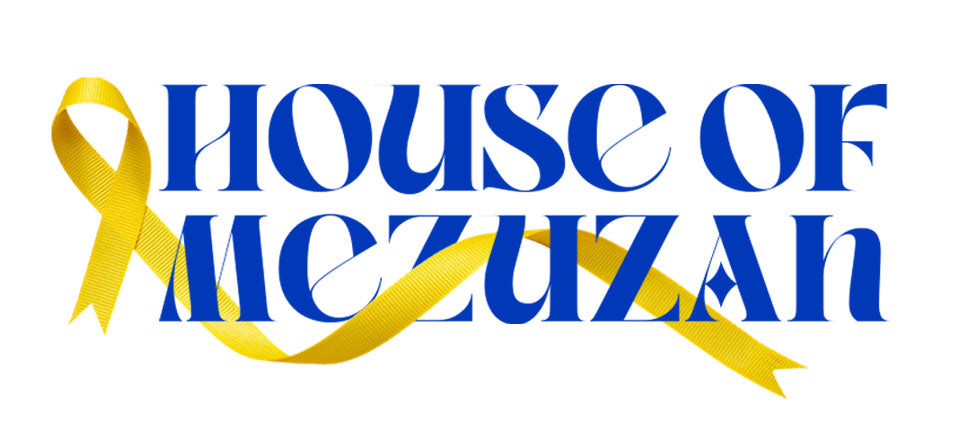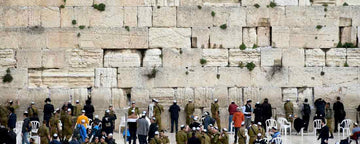Connecting with the Divine Through the Western Wall
The Western Wall, The Wailing Wall, Kotel or Kosel, is one of the most significant religious sites in Judaism, serving as a profound symbol of faith, history, and connection to God. One of the most cherished traditions associated with the Western Wall is the practice of placing notes, or kvitlach, into its ancient crevices. These notes, containing prayers, wishes, and messages, represent a powerful way for individuals to connect with the divine. This article explores the importance of this tradition, its historical roots, and the enduring significance of sending notes to the Western Wall.
Understanding the Western Wall
Historical Significance
The Western Wall is the only remnant of the Second Temple in Jerusalem, which was destroyed in 70 CE. It is the closest accessible site to the Holy of Holies, the most sacred area within the Temple. For centuries, Jews have visited the Western Wall to pray, seeking a connection to the sanctity and history of the Temple Mount.
Spiritual Symbolism
The Western Wall represents the enduring spirit of the Jewish people and their unwavering faith. It is a place where countless individuals have poured out their hearts, seeking solace, guidance, and a direct line to God. The Wall's stones have absorbed millions of prayers, making it a living testament to faith and devotion.
The Tradition of Placing Notes
Origins of the Practice
The practice of placing notes in the Western Wall dates back centuries. While the exact origins are unclear, it is believed that Jews have been placing written prayers in the Wall's crevices for many generations. The tradition likely evolved from the belief that the Wall is a direct conduit to the divine, where prayers written on paper can reach God as effectively as spoken words.
The Process of Sending Notes
Sending notes to the Western Wall is a simple yet deeply meaningful act. Individuals write their prayers, wishes, or messages on small pieces of paper and place them in the cracks of the Wall. For those unable to visit in person, various organizations offer services to place notes on their behalf, ensuring that all can participate in this sacred tradition.
The Significance of Sending Notes
Personal Connection
Placing a note in the Western Wall allows individuals to establish a personal connection with God. This act of writing and placing a prayer is an intimate expression of faith, hope, and longing. It provides a tangible way to articulate one's deepest desires and trust that they will be heard.
Communal Bond
The practice of sending notes to the Western Wall fosters a sense of communal bond among Jews worldwide. Regardless of geographical location, Jews can participate in this tradition, uniting their prayers and creating a shared spiritual experience. This communal aspect strengthens the sense of belonging to a global Jewish community.
Symbol of Faith and Hope
Sending notes to the Western Wall symbolizes faith and hope. Each note represents an individual's belief in divine intervention and the power of prayer. It is a reminder that no matter how challenging life may be, there is always a place to seek solace and spiritual support.
How to Send a Note to the Western Wall
Writing the Note
When writing a note for the Western Wall, it is important to be sincere and heartfelt. There is no specific format required; individuals can write prayers, personal wishes, or messages of gratitude. The key is to express oneself honestly and with intention.
Sending the Note
For those who cannot visit the Western Wall in person, House of Mezuzah has an online service that offer to place notes on behalf of individuals. This services ensure that your prayer reaches the Wall, allowing you to participate in this sacred tradition from anywhere in the world.
Conclusion: Embracing a Timeless Tradition
The tradition of sending notes to the Western Wall is a beautiful and powerful way to connect with the divine, express faith, and seek spiritual support. Whether visiting in person or sending a note from afar, this practice allows individuals to be part of a timeless tradition that transcends time and space. At House of Mezuzah, we honor this sacred tradition and encourage you to embrace it, fostering a deeper connection to your faith and the global Jewish community.


